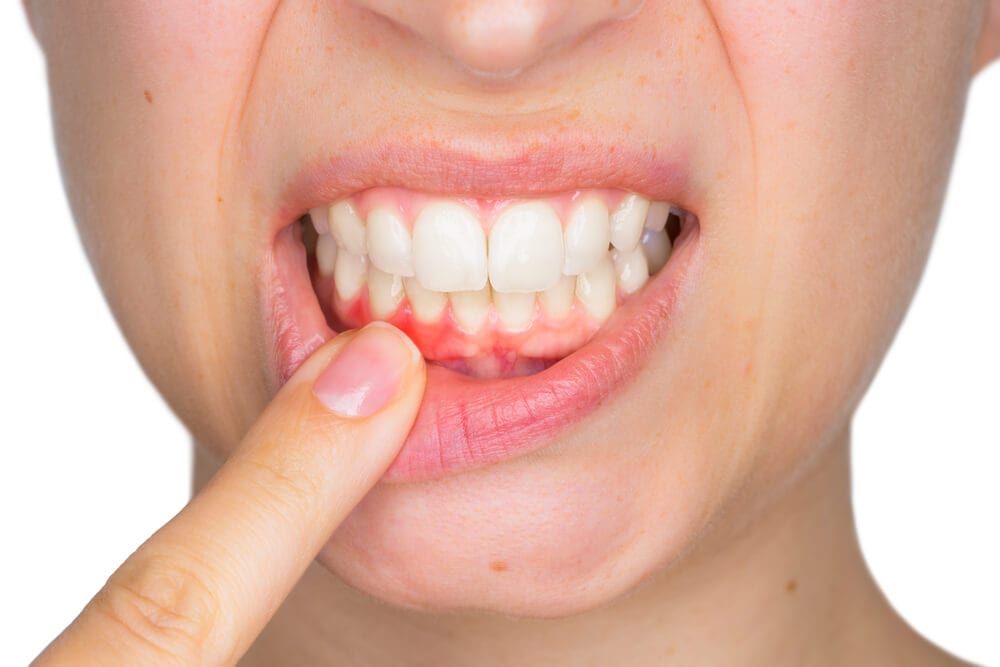When oral health is being discussed, the focus is almost always entirely on our teeth. Gingivitis and other forms of gum disease may be mentioned, but it’s almost always in passing. This gives the unfortunate impression that these conditions aren’t as serious or as much concern as taking care of our teeth. This focus on teeth is understandable, they’re one of the most prominent features in our mouths, but without the gums to support and protect them, the potential for lasting damage is high. This means that working to prevent gum disease is just as important as using proper oral hygiene to prevent tooth decay.
A Quick Guide To Gum Disease
In spite of its typical lack of emphasis, we’ve all heard the term gum disease. Gum disease refers to conditions that affect the health of our gums and includes such conditions as gingivitis and periodontal disease. This condition happens when the bacteria that cause plaque and tartar begins to infect the space between your gums and where they typically seal against your teeth. As the condition sets in, you’ll begin to experience a variety of concerns that will indicate its presence, and these symptoms will begin to become more severe as time goes by.
What Are The Symptoms of Gingivitis and Periodontal Disease?
The most frequently observed symptoms that are associated with gum disease are red and inflamed gums that bleed easily when irritated. This can appear as blood when brushing your teeth, or you may see blood that appears on the fruit when you bite into apples or other crisp fruit. This is just the most basic symptom and is a warning sign that you are currently battling gingivitis. Other symptoms of gum disease include:
- Receding Gums – As the condition advances, you’ll begin to notice your gums are beginning to pull away from your teeth. They can also begin to decay, or recede, which will make your teeth appear to be longer than they were before. You’ll also notice that there are pockets between your teeth and the gums, rather than them fitting firmly to your teeth.
- Sensitive Teeth – Another symptom that can indicate the presence of gingivitis is sensitive teeth. As your gums pull away from the tooth, your roots will become exposed. These roots don’t have the benefit of protective enamel, instead being coated by a softer material known as cementum. When this material decays away, your teeth can become excruciatingly painful as the sensitive dentin and pulp is exposed.
- Halitosis – Bad breath that doesn’t seem to go away is another clear sign that gingivitis may be present. This is due to the ongoing decay that is taking place below the gum line and the presence of plaque and tartar.
Those who are seeing signs of symptoms related to gingivitis and are looking for an expert to help them find relief can reach out to Superb Dental Care in Pasadena, CA. Our team, under the guidance of Dr. Reynaldo Barbon, is available to help patients like you beat gum disease and restore your oral health.












